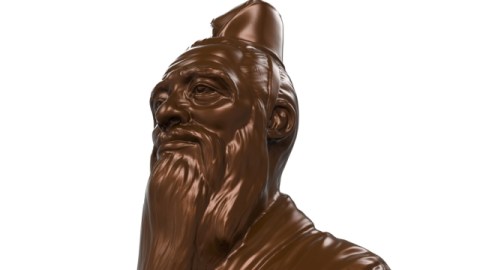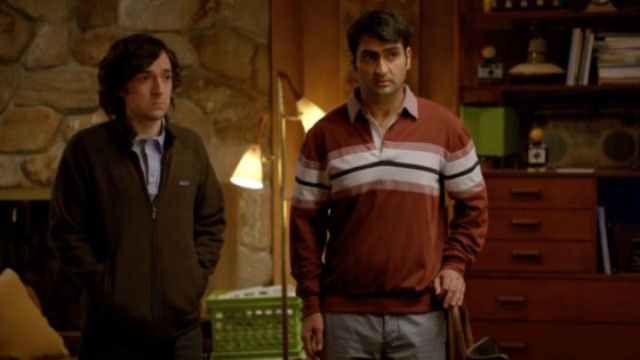The Dangers Of China’s “Back to Confucianism” Nostalgia

THERE have been a lot of rumors lately about the possibility of a revival of Confucianism. Powerful scholars, not without personal agendas, call for a Confucian constitution. Some people have likened Xi Jinping’s Zhongguomeng (Chinese Dream) and the Zhonghua Minzu de Fuxing (Rejuvenation of the Chinese nation) to the teaching of the sage. Now there are even voices that claim that Mr. Xi’s anti-corruption crackdown, including the recent sex trade clampdown, can be directly attributed to Confucian values of an ideal society lead by “un-corrupt men.”
RELATED No Quick Fix: Corruption in China
Reading Confucius is fascinating, just like reading Socrates, Plato, or any other body of work by archaic thinkers. Their aphorisms are simple and basic –how can their words not be true? It can be argued that certain elements of the Greco-Roman tradition always remain with Europe, like stress on individualism and reason; and that, likewise, some Confucian values such as filial piety, the love for learning, and its lofty pragmatism have prevailed in China, without ever having to mention Confucius.
However, I have this notion that actions such as the crackdown on rampant prostitution and corruption are based on reason and common sense of modern statesmanship and should not be attributed to the recommendations of Jesus Christ, the Buddha, Confucius, or any other quack who lived in the 1st millennium BC.
Confucianism, a 2500 years old tradition, is ANYTHING BUT un-corrupt, at least from a modern perspective. Confucianism is about hierarchies, patriarchy, nepotism, abuse of officialdom, pure inequality, and moral dictatorship, and not a few people (Lu Xun, say, or Mao Zedong, most European philosophers, world historians, including Japan which emancipated from the Chinese tradition) in fact have argued that Confucianism had been the main reason for China’s cultural backwardness, no offense intended. In fact, China may be so corrupt today not despite the Confucian legacy but partly because of it.
RELATED No Division of power will be granted
The Confucian Canon, often referred to as a code of conduct rather than a proper religion, is essentially an instruction manual for cult leaders and dictators on how to morally blackmail the people into obedience. Hence the absence of universal concepts of freedom, individualism, and human rights (although there’s a lot in it about human responsibilities, like filial piety, obedience, dependency) in China.
The vibrant sex trade mentioned above, instead of being the result of communist vices, might as well be the direct expression of the out-dated yet not defeated Confucian tradition, while Xi Jinping’s Anti-Corruption Campaign might as well be another attempt of modernization to drive out worn-out customs that blemished China’s image in the world. How so? Well, for a start we know that it was the Communist Party who battled the legacy of the “Confucian traditions” such as polygamy, concubinage, arranged marriages, and mistress culture (albeit not always successfully).
RELATED Sex, China, Mistress Culture
In fact, it takes forever to establish the rule of law in China precisely because Confucius believed that coercing people with a sense of obligation, shame and “face” works just as fine, with the unenviable consequences that the people of China, in Hegel’s words, “cherish the meanest opinion of themselves, and believe that they are born only to drag the car of Imperial Power.”
Not a few China experts seem to suggest that the troubled Communist Party of China under Xi Jinping, instead of dashing into an unknown future (of liberal democracy and Westernization, perhaps?), may want to revive Confucianism in order to justify its authoritarian grip on power. As I said, Confucianism works fantastic at that: The Confucian ideal of a government run by supreme human beings –the junzi- with supposedly superior moral values (not dissimilar to Plato’s fascist Philosopher Kings) is possibly the greatest corruption of all.
Image credit: Nerthuz/Shutterstock.com
You can follow me on Twitter, my Website, or my other Blog.




